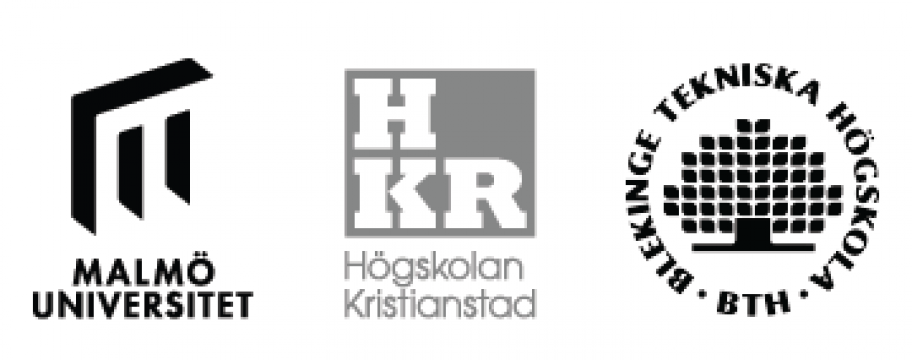- Presentatör: Carolina Villamil
- Språk: Engelska
- Rumsvärd: Stefan Larsson
- Typ av session: Presentation, 30 min
- Lärosäte: Blekinge Tekniska Högskola
- Länkar till presentationen:
 Pdf |
Pdf |  Zoominspelning
Zoominspelning
Abstract
This paper presents an understanding and evaluation of a course activity related to the application of a game approach in the education of sustainability in higher education. In this research, it was found that a game approach has beneficial motivational components in the learning process, although it needs a strong link with the course content, purpose, learning outcomes, context, students’ expectations, and other variables that are important to consider for its application. Teachers are applying different methods in the education of sustainability with positive results, which are related to the student’s motivation, behavior change and learning, such as 1) Gamification, which use game elements and game-design techniques in non-game contexts, 2) game- based learning, where there is a clear orientation to learn, and the intrinsic motivation is a key aspect in the pedagogic process and 3) serious games, which are mainly focused on learning and practice in serious contexts.
The research approach is based on a literature review and a course evaluation, where a variety of study cases were reviewed to identify the advantages and disadvantages of a game approach, to determine some possible recommendations to further incorporate this approach in the development of pedagogic material for the education of sustainability. With these recommendations, it was possible to evaluate and define some strategies to improve a specific activity in the MT2546 course: “Creativity for the development of sustainable products and services” at Blekinge Institute of Technology.
This study is relevant for its connection with the development of new pedagogic strategies for the education of sustainability, to understand the importance of the environmental, economic and social dimensions of sustainability for the transition towards a sustainable society. Where students, with a playful approach, can develop systems-thinking, anticipatory, normative, strategic, and interpersonal competencies, to solve serious sustainability issues that are risking the society well-being.

